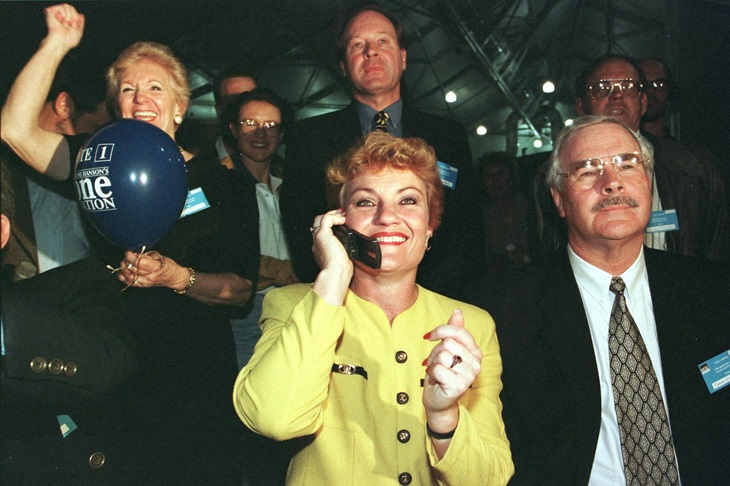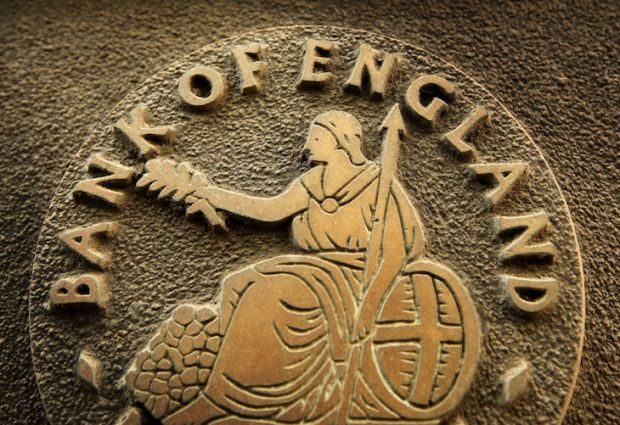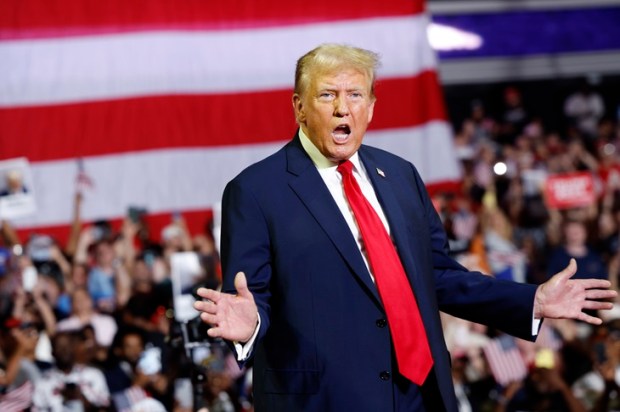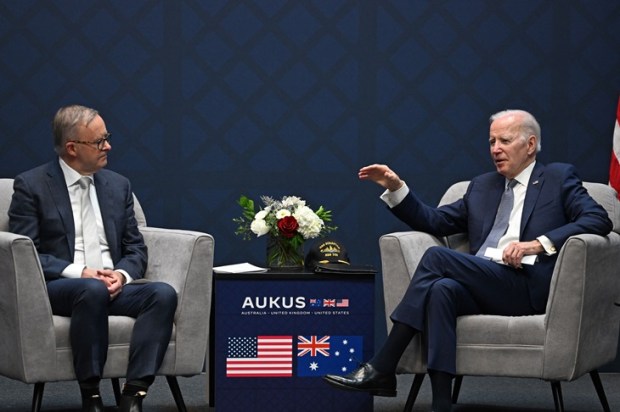The early state election in Tasmania is scheduled for March 23, 2024. The election was triggered when two members of the Liberal party defected because of concerns about the burgeoning cost of the proposed AFL stadium. It is the first election that will see an extension in the state’s lower house from 25 to 35 members.
Already a subscriber? Log in
Subscribe for just $2 a week
Try a month of The Spectator Australia absolutely free and without commitment. Not only that but – if you choose to continue – you’ll pay just $2 a week for your first year.
- Unlimited access to spectator.com.au and app
- The weekly edition on the Spectator Australia app
- Spectator podcasts and newsletters
- Full access to spectator.co.uk
Or


























Comments
Don't miss out
Join the conversation with other Spectator Australia readers. Subscribe to leave a comment.
SUBSCRIBEAlready a subscriber? Log in